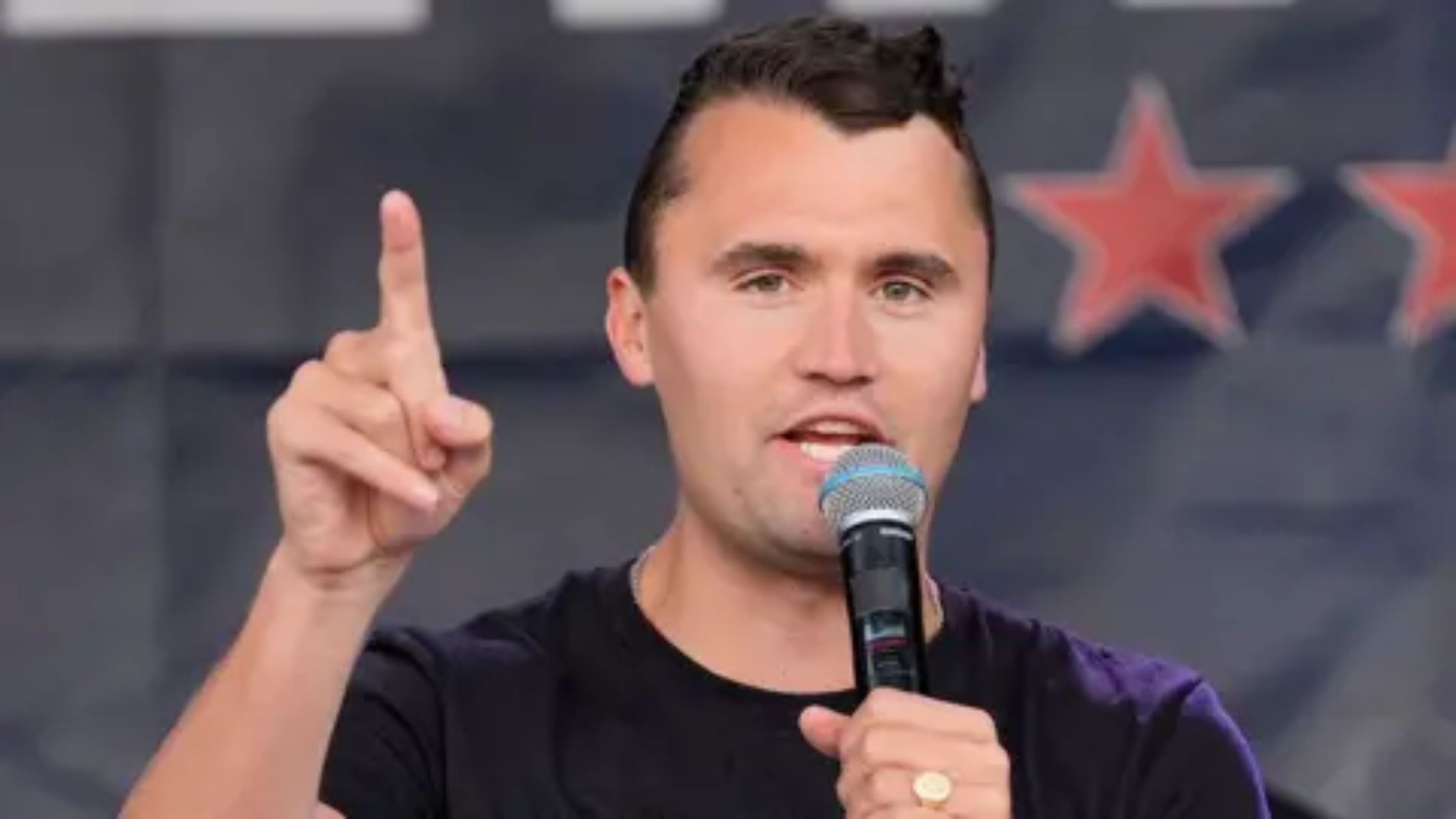In an unusually public backlash, several major airlines have taken the rare step of suspending employees over social media posts tied to a recent fatal shooting. This move has sparked a broader debate about social media conduct, corporate responsibility, and free speech in an industry already reeling from labor tensions.
Delta Air Lines, American Airlines, and United Airlines have all confirmed suspensions of workers following inflammatory remarks related to the death of conservative commentator Charlie Kirk. The posts were deemed inappropriate and inconsistent with the companies’ codes of conduct, officials said. But the swift actions raise urgent questions about where companies draw the line between personal expression and professional accountability in the digital age.
These suspensions are not just about disciplining a few individuals. They expose the increasing pressure on corporations to police employees’ online behavior, often in the aftermath of controversial or highly politicized events. Airlines are in the spotlight because their public-facing brand depends heavily on customer trust and a commitment to safety and respect. When employees post polarizing or offensive content, companies feel compelled to respond quickly and visibly.
Yet critics argue this enforcement risks overreach, potentially punishing workers for personal views aired off the clock. Social media has become a battleground for cultural and political conflict, and employers face a tricky challenge: balancing free speech rights with upholding workplace values and protecting brand image. The airline suspensions highlight how companies are navigating this landscape with zero tolerance for what they label “divisive” content, but the boundaries remain fuzzy.
This situation also underscores how fragile airline labor relations remain following years of pandemic stress, staffing shortages, and operational pressures. With worker morale already strained, disciplinary measures tied to social media can inflame tensions and feed perceptions of unjust treatment.
As these airlines send a hard message about consequences for online conduct, the broader implications are clear: No industry is immune from the social media minefield, and corporations are increasingly ready to act, decisively and publicly, to maintain control over their reputations. For frontline workers, the new reality demands caution not just in the workplace, but in every post, tweet, or comment.
The airline suspensions serve as a reminder that free speech in the digital era carries complex costs professional and personal and companies are watching closely. The question going forward is how employers will balance enforcement with fairness, and whether new norms about online behavior at work will emerge from this volatile moment.


